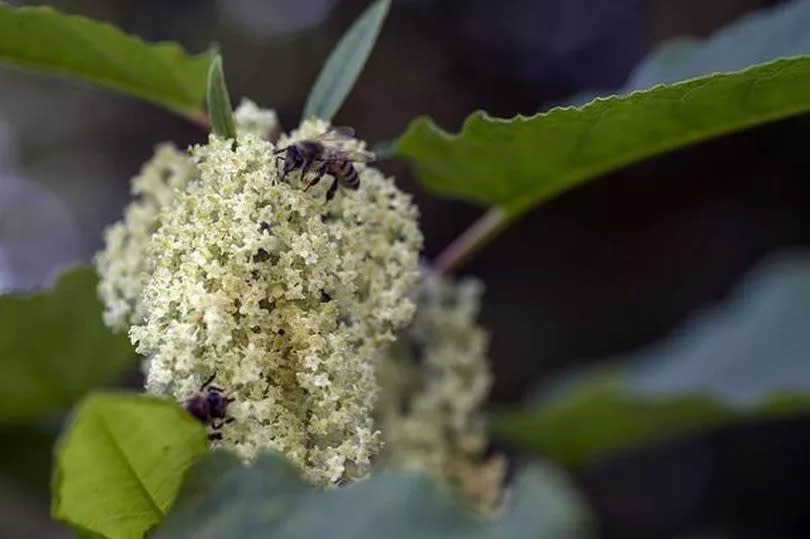How to get rid of Japanese knotweed, which could devalue your property

Many UK residents are looking forward to warmer weather and spending time in their gardens. However, there's a common garden plant that could potentially decrease the value of your property - Japanese knotweed.
This invasive plant grows rapidly and is notoriously difficult to eradicate without professional help, as even the smallest root can sprout a new plant.
Despite its attractive appearance, this aggressive plant can cause significant damage to properties, leading to a drop in house prices and potential legal issues.
Bradley Mackenzie, from chartered surveyors Stokemont, has investigated the impact of Japanese knotweed and how it can turn a dream home into a financial nightmare. Here's what homeowners can do to limit its effects.
Structural Damage and Legal Liabilities, reports the Express.
Mackenzie explains: "The plant's extensive root system, known as rhizomes, can penetrate foundations, walls, and drains, causing structural damage. This can lead to expensive repairs and reduce the appeal and integrity of the property."
Furthermore, under the Wildlife and Countryside Act 1981, allowing Japanese knotweed to spread from your property to neighbouring land is a criminal offence in the UK. This can result in legal disputes and additional costs if not managed correctly.
Mortgage and Sale Challenges.
UK lenders are often cautious about properties infested with Japanese knotweed due to its potential to cause structural damage and reduce property value.
The presence of this invasive plant can raise concerns for buyers, surveyors, and estate agents. The expert stated: "Even if controlled, its historical presence can lower a property's value due to the stigma associated with it."
"Some insurance companies may refuse coverage or charge higher premiums for properties affected by Japanese knotweed due to the risks it poses."
"Sellers are legally required to disclose the presence of Japanese knotweed to potential buyers. Showing that professional treatment is in place can help lessen the negative impact on your property's value."
Dealing with and eradicating Japanese knotweed.
While removing the plant might be challenging, it will be beneficial in the long run.
Mackenzie added: "Japanese knotweed is a formidable foe in the UK property market, capable of wreaking havoc on property values with its invasive nature. Getting rid of it requires patience and a solid strategy."
"Firstly, you want to tackle it with a systemic herbicide like glyphosate, applying it over a few seasons to reach the deep roots. It's not a quick fix-you'll need to stay on top of it."
"For more serious infestations, sometimes excavation is necessary, where you dig out the roots and surrounding soil. This is more intense and can be costly, but sometimes it's the only way to get to the bottom of the problem."
"Always follow up with regular checks to make sure it doesn't come back, and be sure to handle any removed material properly to avoid spreading it further."

 Yahoo News
Yahoo News 